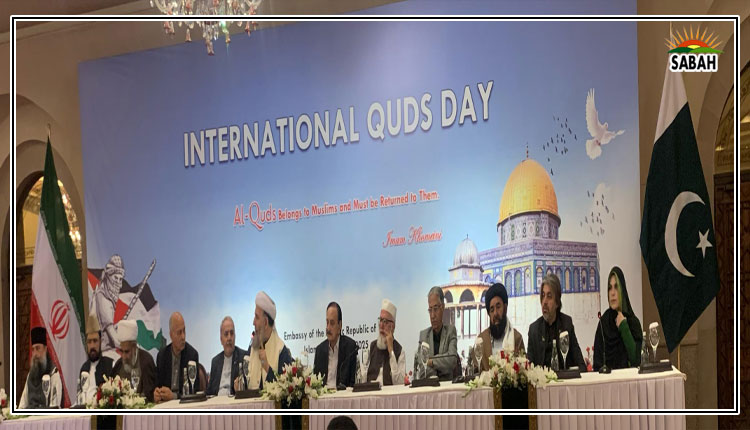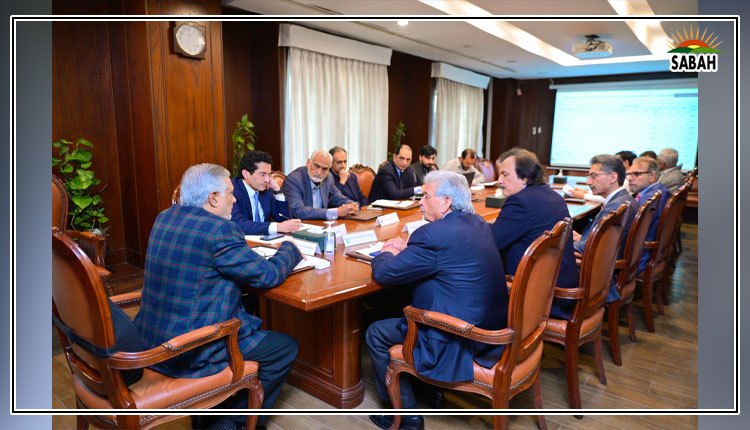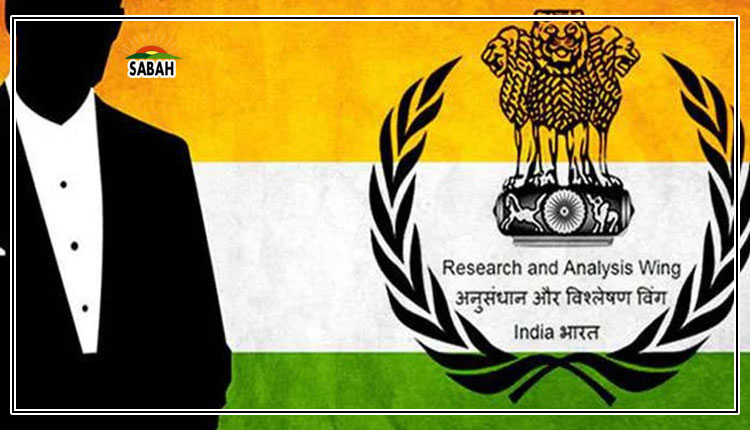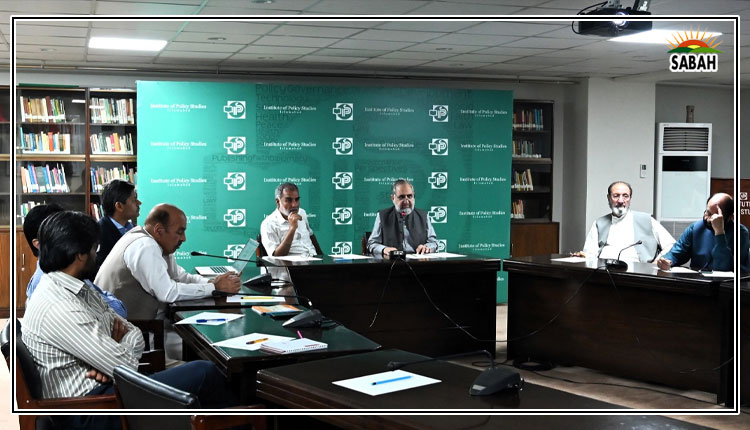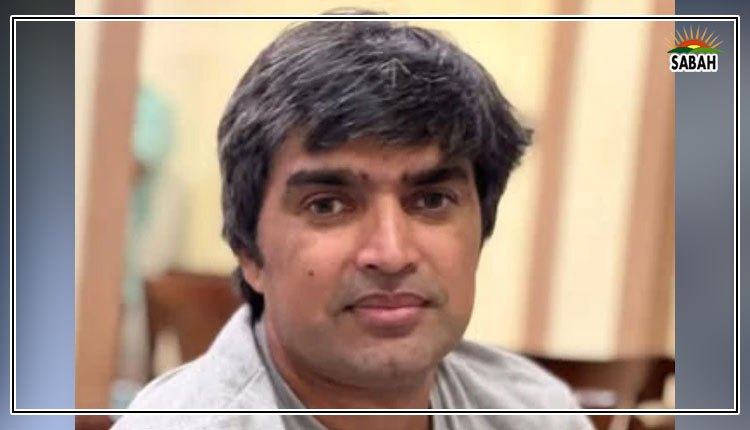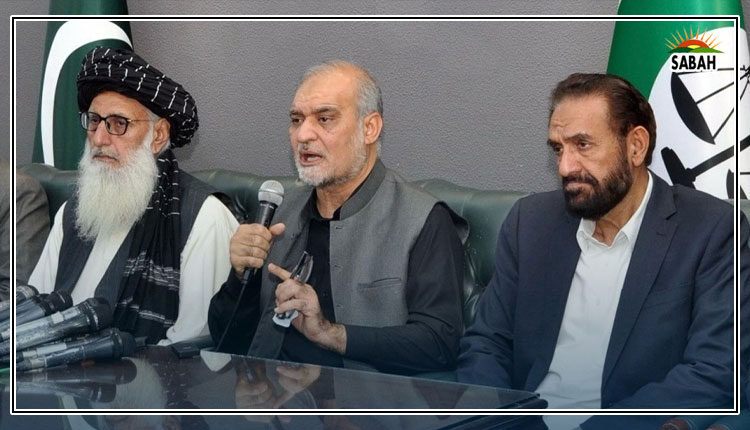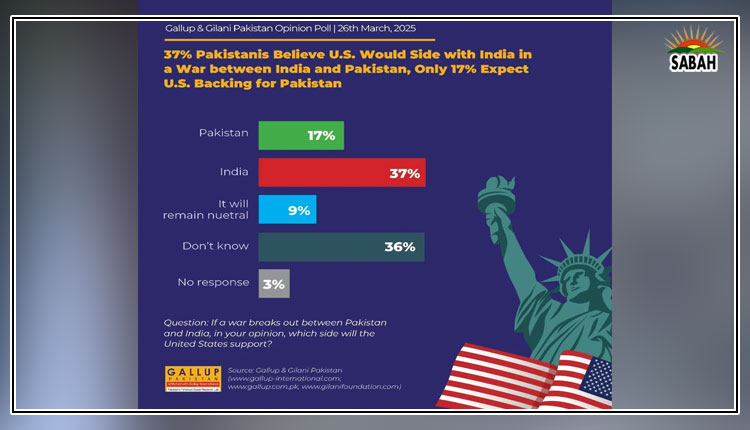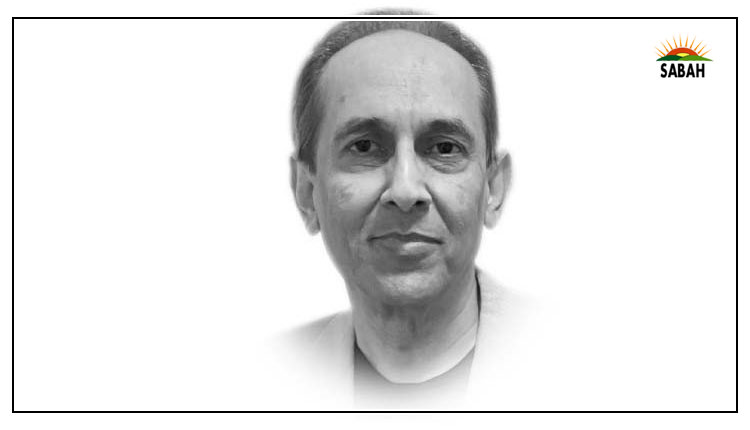Parliamentary supremacy vs judicial supremacy …Dr Baqar Hasnain
Once again, politics in Pakistan has reached an inflection point. What will happen next is anybody’s guess. But polarisation in politics has never been as extreme. The political battlefield is about to explode. Make no mistake, there will be blood. On the one hand, we have a former prime minister behind bars who is hell-bent on getting out of jail and becoming the country’s prime minister again. He’ll do whatever it takes. He’s willing to negotiate. He’s not willing to negotiate. He’s allegedly hoping for “certain” judges in the Supreme Court to give him a helping hand. He’s asking for Bangladesh-style nationwide street protests. He’s at the end of his tether. On the other hand, the present government – the ruling coalition – is determined to enforce its mandate and stay in power, come hell or high water. They are introducing a sweeping “Constitutional Amendments” package in the Parliament. Whereas the Parliament has a right to make amendments to the Constitution, this package includes a wide range of proposals including the formation of a Constitutional Court. A few of the proposals have already been lambasted as an assault on democracy and judicial independence.
The US Supreme Court receives 7000-8000 petitions every year to review a case, but the Court hears only about 100 of these cases. The rest are denied a Writ of Certiorari. In accepting a case for review, the Court follows the “Rule of Four” – it takes up a case if at least four out of nine Justices agree to do so. On the other hand, the Pakistan Supreme Court has a stifling backlog of over 50,000 cases. The number of pending cases has more than doubled in the last 10 years.
Since 1869, the US Supreme Court is made up of nine Justices including one Chief Justice. The Court exercises its original jurisdiction in a very limited number of cases. Its appellate jurisdiction extends to cases that involve Constitutional or Federal law. A full bench hears a case. And a quorum of six Justices is required for a verdict. In Pakistan, the Supreme Court comprises seventeen Justices including one Chief Justice. The Court has original, appellate, and advisory/investigative jurisdiction. It can exercise its original jurisdiction in disputes between federal/provincial governments as well as involving questions of public importance concerning the fundamental rights conferred by the Constitution. The Court has come under fire from time to time for misusing its power of Suo Motu action for “political engineering”.
Unlike the US Supreme Court, cases in the Supreme Court of Pakistan are usually assigned to a 3-member bench, or a 5-member bench, and so on, that hears the case and delivers the final verdict. The formation of benches can become contentious especially in cases where the decision of the Court has a deep impact on the political landscape. Justices with certain political leanings can deliver controversial verdicts. As Caroline Kennedy rightly pointed out: “The bedrock of our democracy is the rule of law and that means we have to have an independent judiciary, judges who can make decisions independent of the political winds that are blowing.”
As we question the integrity of the Supreme Court of Pakistan, we are shell-shocked by how the recently proposed “Constitutional Amendments” package, postponed for now, was shrouded in mystery and secrecy, casting doubts on the goodwill and integrity of the government. “No legacy is so rich as honesty,” declares Mariana in Shakespeare’s All’s Well That Ends Well. We expect our politicians and judges to be honest.
In Pakistan, a new war has broken out. It’s “parliamentary supremacy” vs “judicial supremacy”. In a nutshell, it’s all about politics. Even if the amendments bill passes in the Parliament, will the Supreme Court try to block it? Tremors will run through Islamabad for the next few days. Perhaps longer. The media will provide day and night coverage. We will talk about amendments and reforms. Separation of powers. Checks and balances. Technicalities. Amid all this, we will lose sight of what is most important: honesty.
Courtesy Express Tribune


